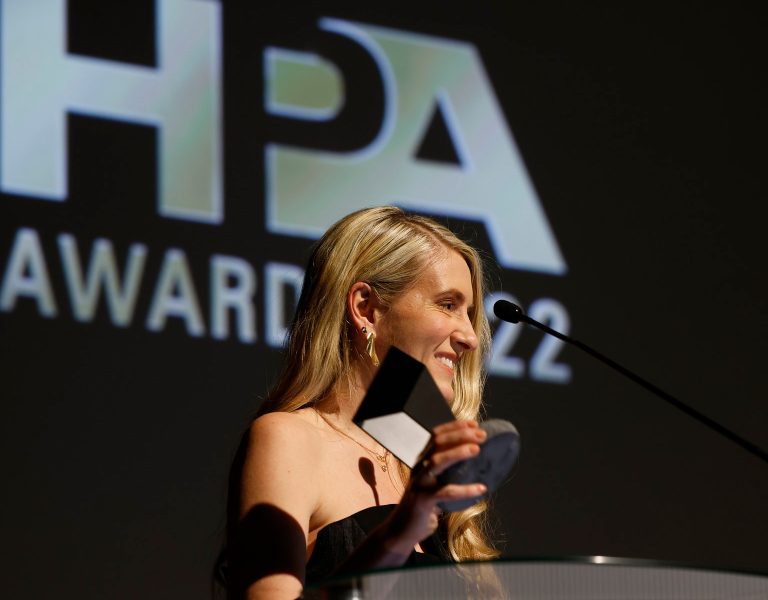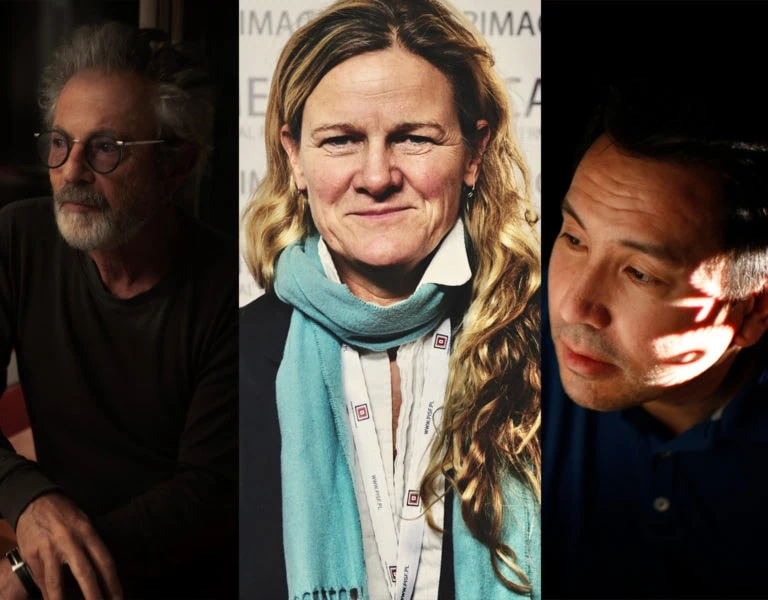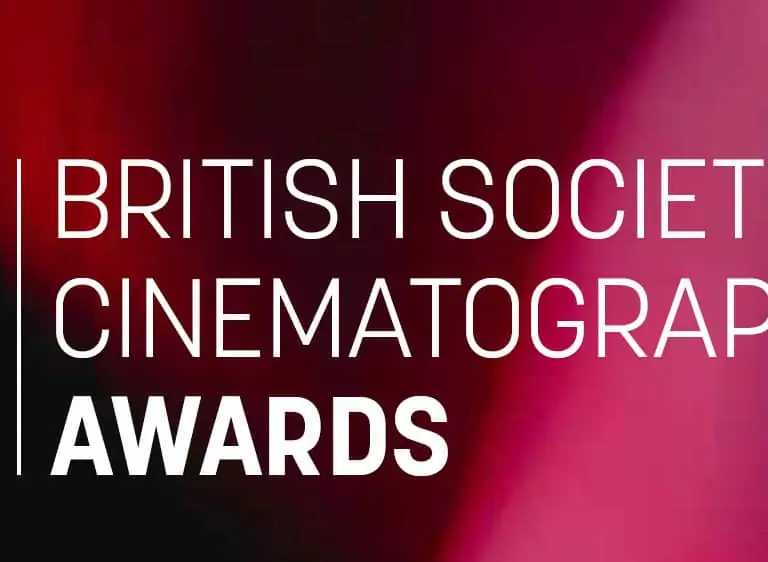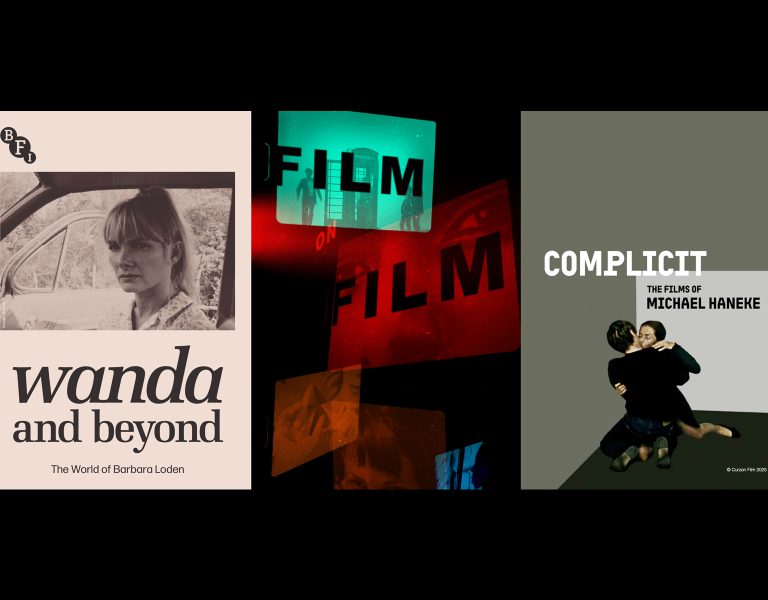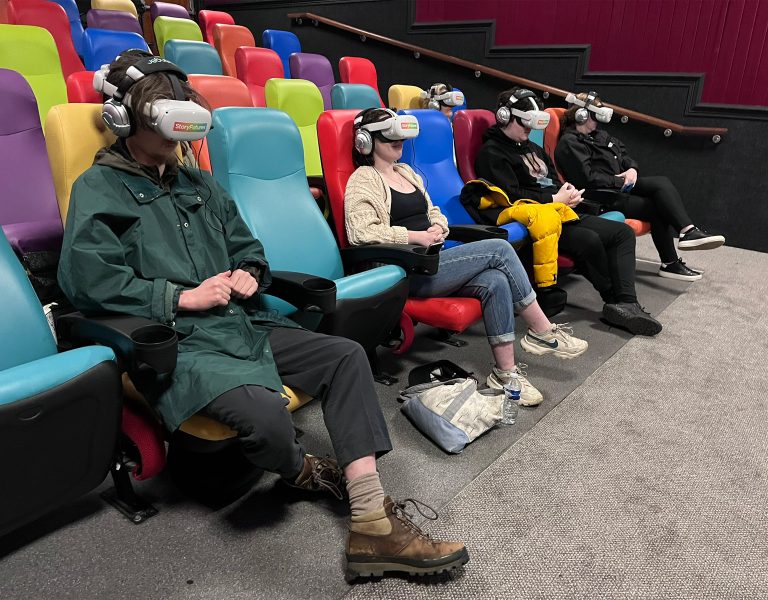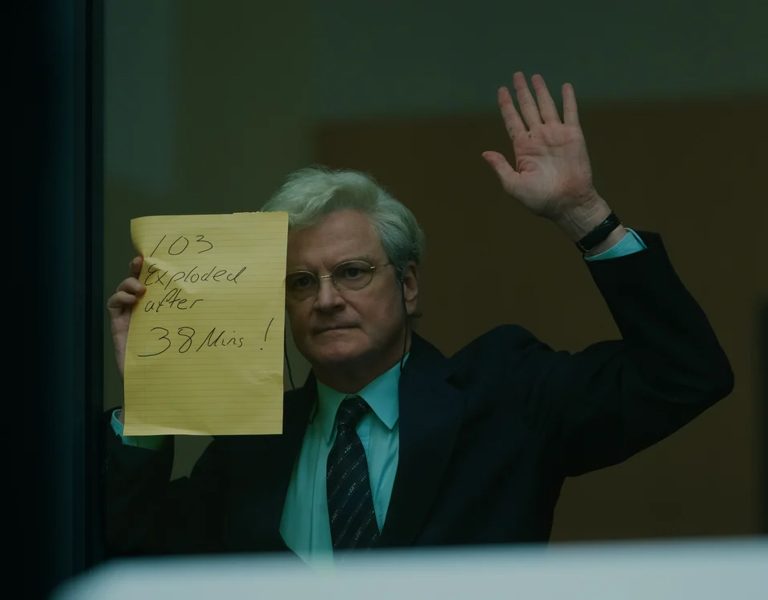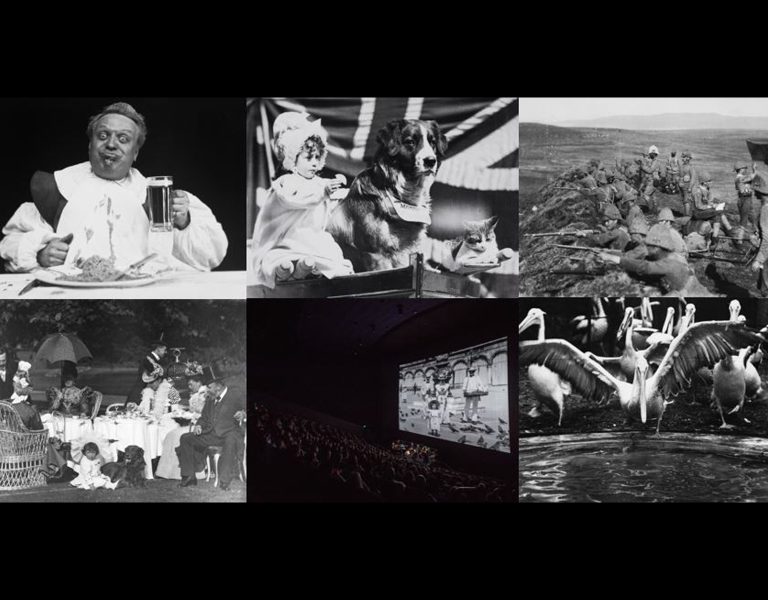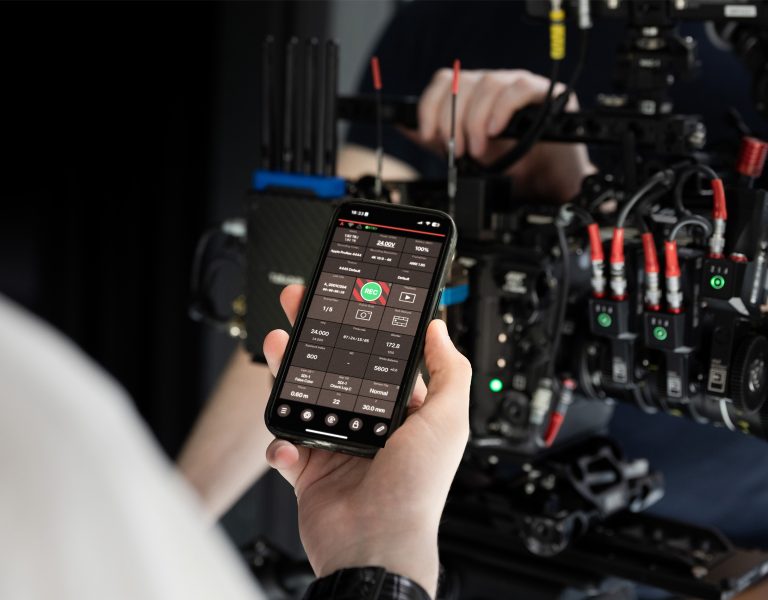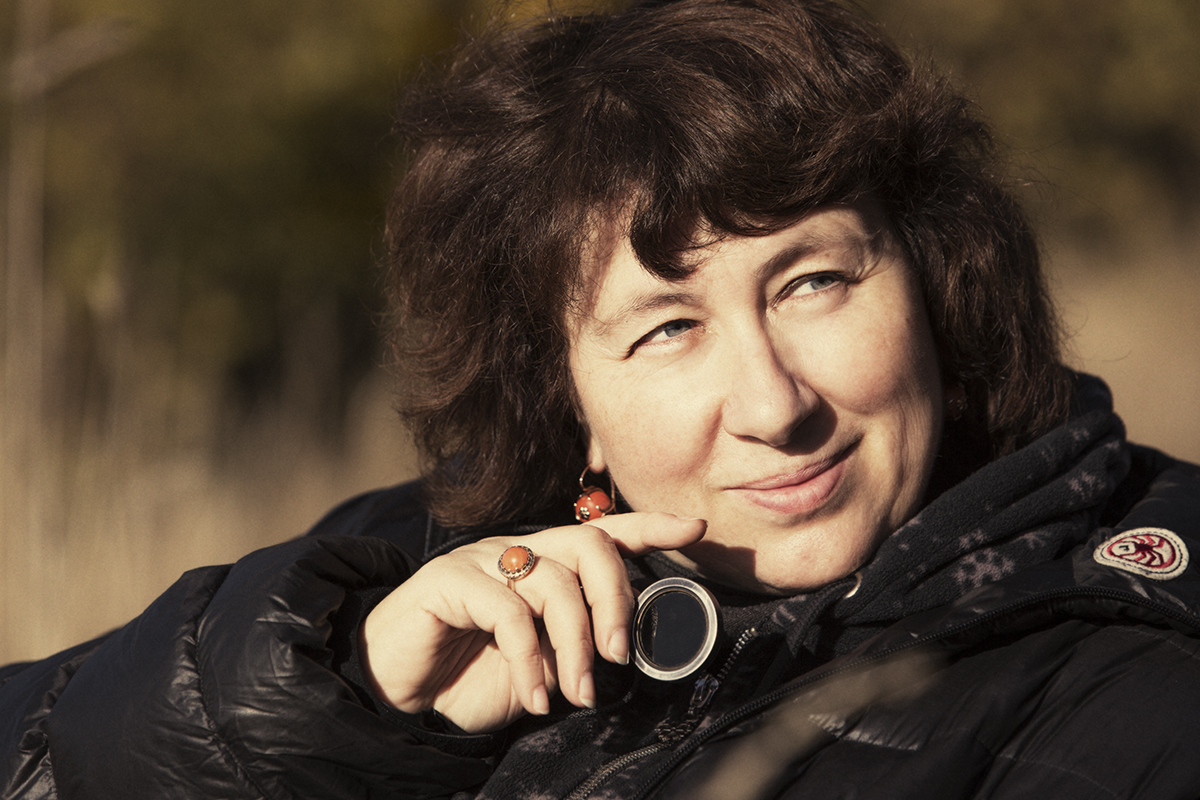
The laureate of the Special Camera 300 Award for Outstanding Contribution to World Cinematic Art at the 45th International Cinematographers’ Film Festival “Manaki Brothers” is Jolanta Dylewska.
Consistent with its tradition of early noticing and then nurturing the ties with many outstanding cinematographers, this year, for its 45th anniversary, the ICFF “Manaki Brothers” is especially proud to present the Polish cinematographer Dylewska with the Special Golden Camera 300 Award for Outstanding Contribution to World Cinematic Art.
Dylewska was born in Wrocław, Poland, in 1958, educated and graduated in directing and cinematography in 1989 from the renowned Leon Schiller Polish National Film, Television and Theatre School in Łódź, the nursery of many generations of filmmakers, especially cinematographers. With her experience and world-renowned reputation, Dylewska has been hired as a professor at the Łódź Film School and is also a professor at the prestigious Film Academy Baden-Württemberg in Ludwigsburg, Germany.
After graduating, she successfully directed documentaries and wrote scripts for her films, which she also recorded as a cinematographer, which in large part gave her complete authorship over some works.
Our festival first acknowledged Dylewska’s uniqueness in 2006 by selecting her intimately painted black and white film, The Boy on a Galloping Horse, for the Official Competition Camera 300. With this film, she began her laureate campaign at “Manaki Brothers”, which led to her winning as many as three awards and ranks her as one of the most successful cinematographers in the festival’s history. In 2008, Dylewska won the Silver Camera 300 for her impressive film Tulpan by the screenwriter and director Sergei Dvortsevoy. In line with her affinity for documentaries, Dylewska paints this story, set in the Kazakh steppes and focused on the authentic life of cattle ranchers, in a docu-fiction structure, with a plentitude of close-ups and a hand-held camera.
Dylewska won the Golden Camera 300 at the ICFF Manaki Brothers in 2012 for her masterpiece In Darkness. It is perhaps her most significant collaboration with the Polish director Agnieszka Holland. What Dylewska demonstrates in this heartbreaking drama about the Holocaust is a stellar achievement in cinematography. As the title itself suggests, the film is shot in almost absolute darkness, a treatment of light rarely seen in the film world. To capture the horror of hiding a group of Jewish refugees in the sewage underground of the city of Lviv, Dylewska created a rich visual darkness, a kind of black-and-white photography in color, which was judged by experts as the ultimate mastery. The five members of the jury, among whom there were even four outstanding cinematographers headed by Fred Keleman (The Turin Horse), in their reasoning/motivation stated: ”Masterful use of a wealth of visual significance, oscillating between close-ups which bring us into the characters whose heartbeats we can hear. Moving between light and shadow, Jolanta Dylewska’s camera captures the beauty contained in the darkness of darkness.”
Dylewska’s fourth participation in the Manaki Brothers’ Camera 300 Competition was in 2017 with the film SPOOR. It was another collaboration between the tandem Dylewska-Holland, in which Dylewska paints the thrilling atmosphere of the unknown evil and its perpetrators in a dynamic and visually attractive manner.
Dylewska made her next laureate step with the film AYKA when, in 2019, at the 40th anniversary of the Manaki Brothers Festival, she received the Special Diploma awarded by the international jury. Once again, it was a compelling collaboration between Dylewska and Dvortsevoy, a tandem reunited by another docu-feature structure, this time an existential social drama of a young migrant woman who came to Moscow from Asia. With a dynamic hand-held camera, emulating the feeling of several long shot sequences, Dylewska follows the odyssey of the young woman Ayka in the harsh and unfamiliar winter setting of the big city. The film featured the remarkable acting by the young actress Samal Esljamova, who won the Cannes Award for Best Actress.
In addition to the aforementioned films, Dylewska will sign a dozen more feature-length films as a cinematographer, for which she will also be crowned with fifteen other awards.
She is also the author of fifteen documentary films as a director, screenwriter, and/or cinematographer. The most notable documentaries in her author’s oeuvre are Chronicle of the Warsaw Ghetto Revolt (1993) as well as And There Was Love in the Ghetto (2019) by Marek Edelman. The latter film Dylewska co-directed with the great Polish director Andrzej Wajda, and co-wrote with Edelman himself and the director Agnieszka Holland.
Dylewska is a member of the Polish Society of Cinematographers, the European Film Academy, the Asian Film Award Academy, the Academy of Motion Picture Arts and Sciences, the International Federation of Cinematographers IMAGO, and the Collective of professional female DOPs in Poland.
